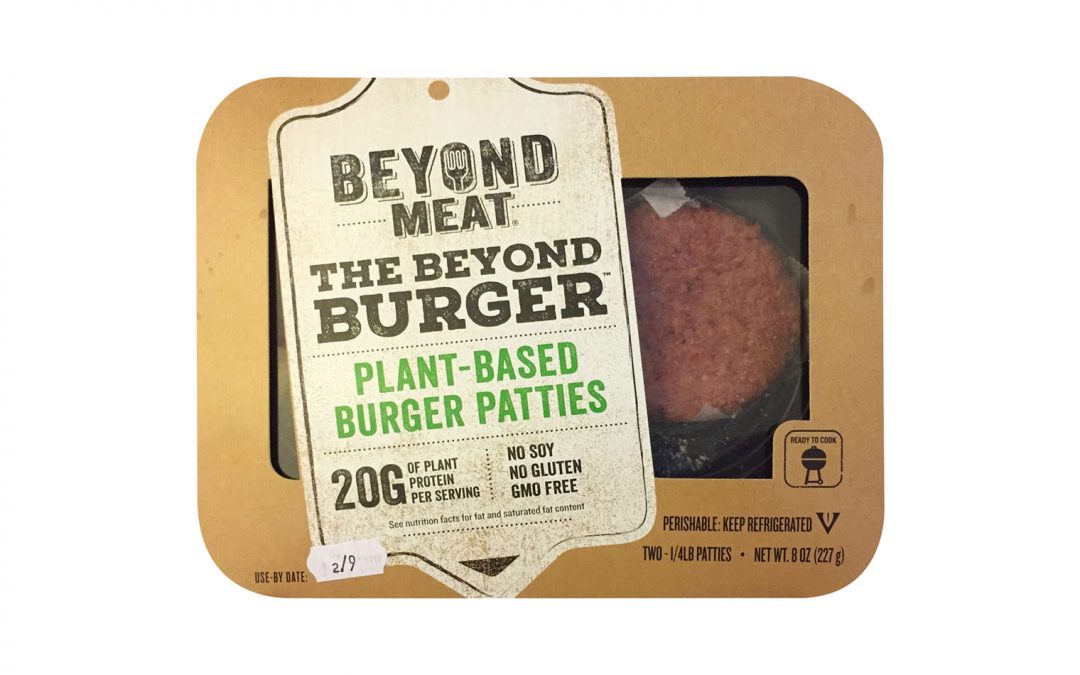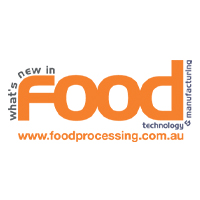The vegetarian shopper has a wide range of choices available for meatless meat, such as Morningstar Farms “Chik’n” patties or nuggets, or other brands of meatless ground beef or sausage crumbles, pre-cooked, and ready to use in sandwiches or recipes. But until recently, no vegan meat products were available to consumers who create recipes using uncooked meatless meat. But thanks to innovative use of vegetables and legumes, vegan meat that is nearly indistinguishable from traditional ground beef is available for purchase in grocery stores, giving a mindful option to consumers who choose to eat vegan, and a healthy alternative to meat-eaters.
Like many mindful consumers, one of my daughters is a “flexitarian” in the respect that she eats meat from fish and poultry, but nothing that walks on four legs. She purchases frozen meat substitutes from the frozen food case, but it doesn’t really taste like beef, and doesn’t look like it at all. It allows her to eat a pre-cooked meatless patty, but without the satisfaction of eating a real burger. She is part of a growing segment of the population that will only eat certain meats, to spare the lives of animals higher up on the food chain. Recipes for plant-based meat abound, but are complicated, and call for ingredients and equipment that I don’t usually keep in my kitchen. But in recent months, a product has come onto the market that solve those problems.

In 2017, a product developed with the investment of billionaire philanthropists, Bill Gates and Richard Branson debuted in Whole Foods and Kroger Grocery Stores in the United States. Beyond Meat is made from 100 percent plant-based protein from peas, and looks exactly like traditional ground beef, even in the fact that it “bleeds” when pressed, like a beef burger cooked medium-rare. Beyond Meat gets its color from the presence of beet juice in the mixture. Beyond Meat also is available in Bratwurst, and Italian Sausage in both sweet and hot varieties. Each serving contains 20g of plant protein, and the patties are gluten free and GMO free.
Each patty costs approximately $3.00, which is substantially higher than regular hamburger patties, but most vegans would consider the benefits of being able to eat a burger worth the extra cost.
The reason for developing this product goes beyond creating a product to satisfy the vegan segment of consumers, however. They have calculated the present and future cost of the environmental impact of the cattle industry in the trillions of dollars, and vegan meats are an important step to reducing that impact. Furthermore, in light of the amount of land required to grow animal feed, food security becomes an issue in certain parts of the world, and using that land to grow plant-based proteins for human consumption partially alleviates that problem.

On the other side of the globe, a similar product, Funky Fields’ “Minced” appeared in Woolworth stores in Australia this summer. Like Beyond Meat, Minced is a 100 percent plant-based meat substitute that can be used in place of traditional ground beef. It’s uncooked, which means it can be used in any recipe that calls for ground beef. Minced joins other Funky Fields products like vegan butter, to fill another gap in the vegan menu. Australia is the world’s second largest exporter of beef products, and 43 percent of the continent’s land mass is devoted to the cattle and sheep industry. The environmental impacts of raising livestock has been a focus of their government in recent years. Nevertheless, they are substantial, and the availability of a vegan beef product to Australian consumers is a bonus to mindful consumers for whom a healthy body and a healthy environment are important.
These are two examples of companies for which the focus of their product goes beyond selling a healthy product that tastes good. These are products which if they catch on, stand to reduce the global environmental footprint of the beef industry. Higher demand for plant based “meats” will result in reduced demand for beef, spurring a reduction in the environmental impacts of the beef industry. A better balance of land use for plant vs animal-based proteins increases food security. Other food companies should take this forward-thinking approach as they develop new products.
All Innova Market Insights material is copyrighted. The terms of use for this resource are contained in our standard Terms and Conditions.









